No meat in front of the blade
This simple rule helps keep your mind on your work and results in safer woodworking.

Ever buy a house with a tree leaning over it? I did. The tree wasn’t a deal-breaker for the house, but it was definitely something that had to be addressed. Recently, that rather large tree was removed. No more safety concerns and sleepless nights. Normally, I’m a big fan of trees, especially in our neighborhood. Other than the shop, one of the main attractions to the house was the canopy of tall and mature trees. That being said, I didn’t want this big elm tree to be sentenced to the chipper, so I contacted a local sawyer to have it made into lumber.
I got quite a bit of lumber out of it including both 9/4 and 5/4 slabs that are about 4 to 6 feet long. These boards are now air drying next to my shop. To dry the wood properly, it’s important that you space the wood evenly with wooden slats (stickers) to ensure the air gets all around the wood. This meant I had to make over 150 1-in. by 1-in. by 24-in. stickers. I set up the bandsaw and began processing the material.
It’s this kind of operation that can lead to a nasty injury. Any repetitive task at a machine can be troublesome because after a few repetitions, your mind can start to wander. Wandering can lead to not paying full attention, and that is dangerous with blades and machines. You start thinking about what you will be having for dinner, when did the dog go out last, or are river tables really furniture? It’s at that moment, when you aren’t 100% focused, that bad things can happen.
I have a simple rule that all of my students know: No meat in front of the blade. This is a logical and simple rule, but unfortunately, I see it violated a lot. It’s easy to get so absorbed with the task at hand that you can forget where your hands are in relation to the blade. Many woodworkers subscribe to the “two hands on the tool” approach to reducing injuries, but that isn’t always practical.
I teach my students to be aware of where their hands are at all times in relation to blades, whether they are using a chisel or the tablesaw. For many, this becomes an exercise in slowing down and paying attention. Not only will this reduce the chance of injury, but I feel that it increases the enjoyment of the craft.
So try slowing down and keep the meat away from the blades.
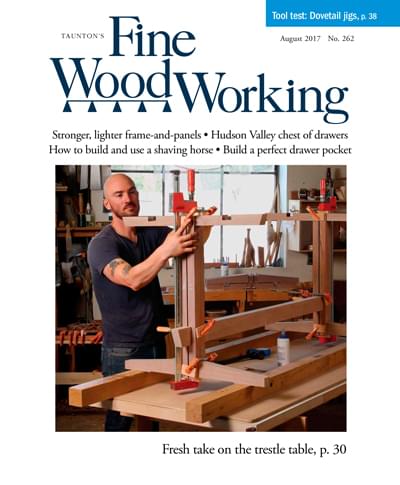




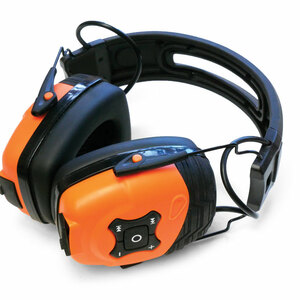
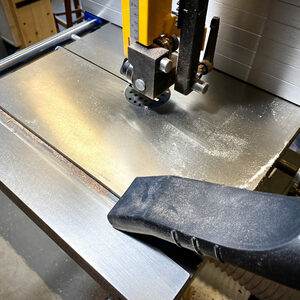













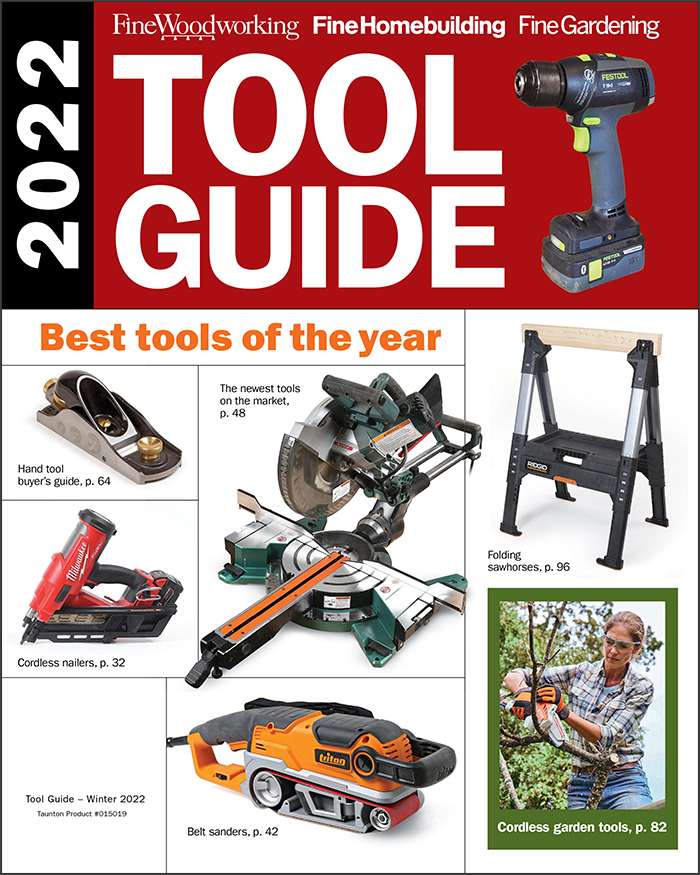
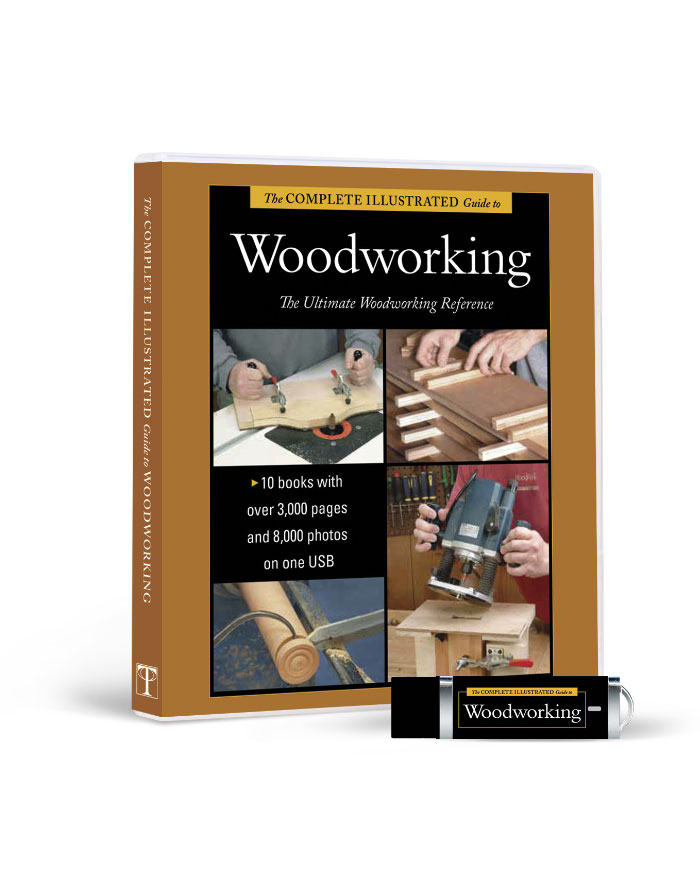
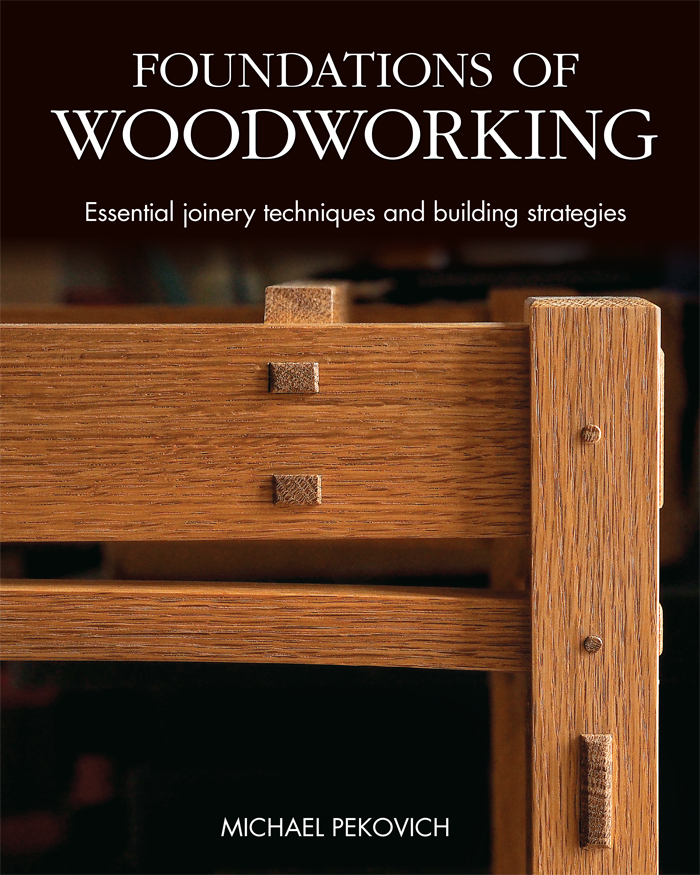





Comments
Great rule.
Also: "are river tables really furniture?" -hah!
In a similar vein, I am continually amazed you can buy ear protection that includes music! Talk about distraction. When cutting edges are in motion I need my full attention and then some, on the cutting and my body parts to make sure they never meet. Additionally, I want to hear the sounds the particular machine I'm using is making. Deviation from "normal" sound is an alert that something bears additional attention and/or action. My daughter once asked if I was afraid of my table saw. I told her yes and the day I wasn't would be the day I stopped using it. I still play piano as well as ever.
I agree that some operations are best done without music, but the other night I spent an hour at my drum sander and it would have been a lot less enjoyable without bluetooth hearing protection. The pause button gets used at the tablesaw and jointer though!
Log in or create an account to post a comment.
Sign up Log in